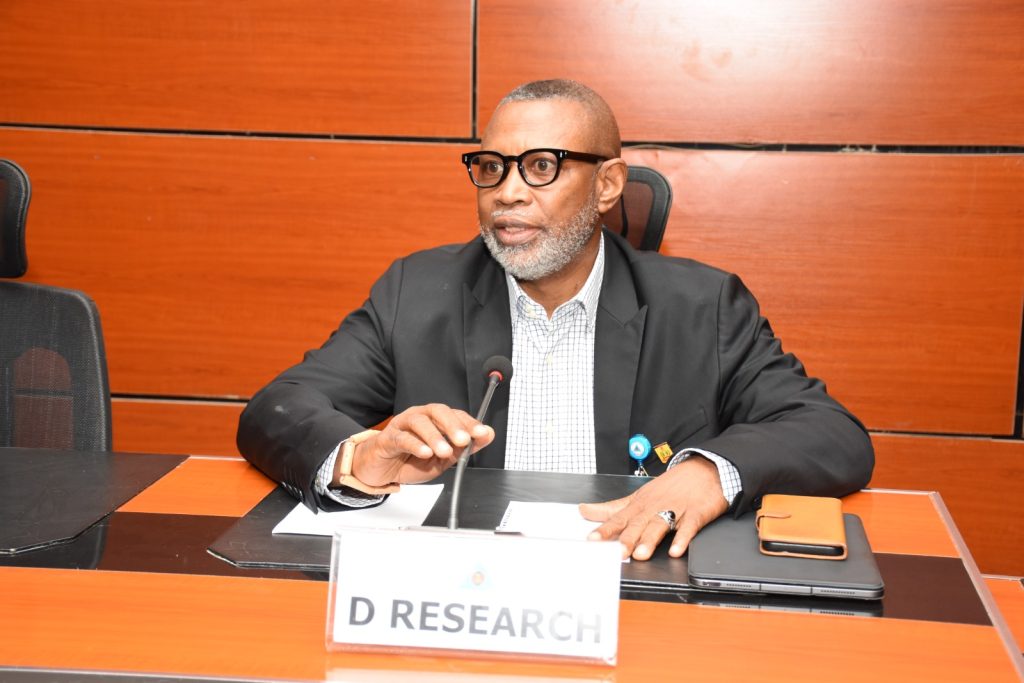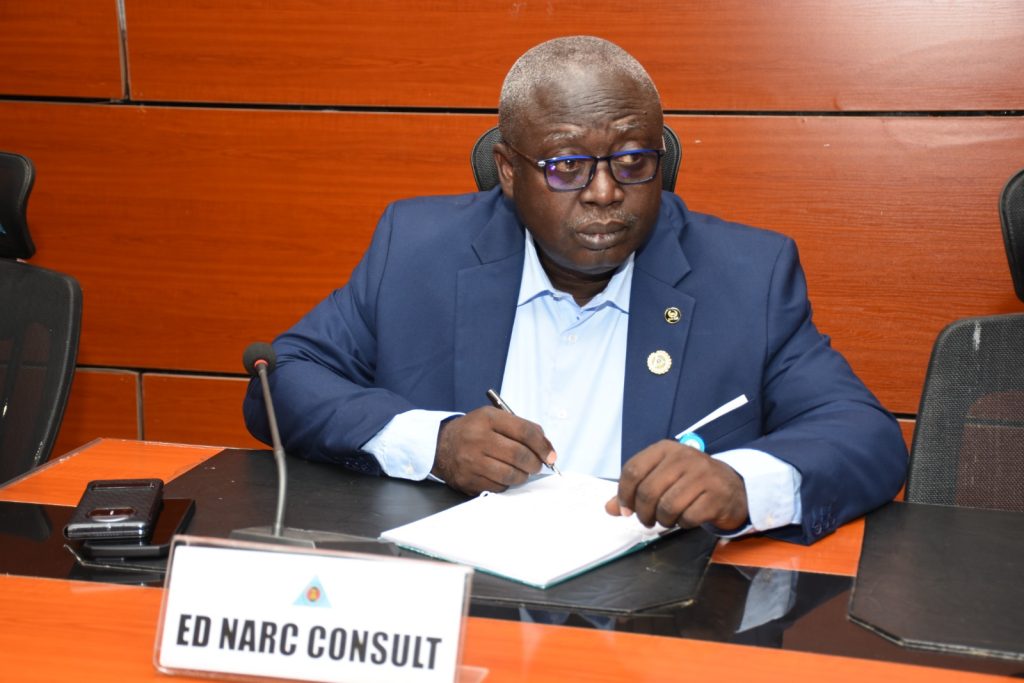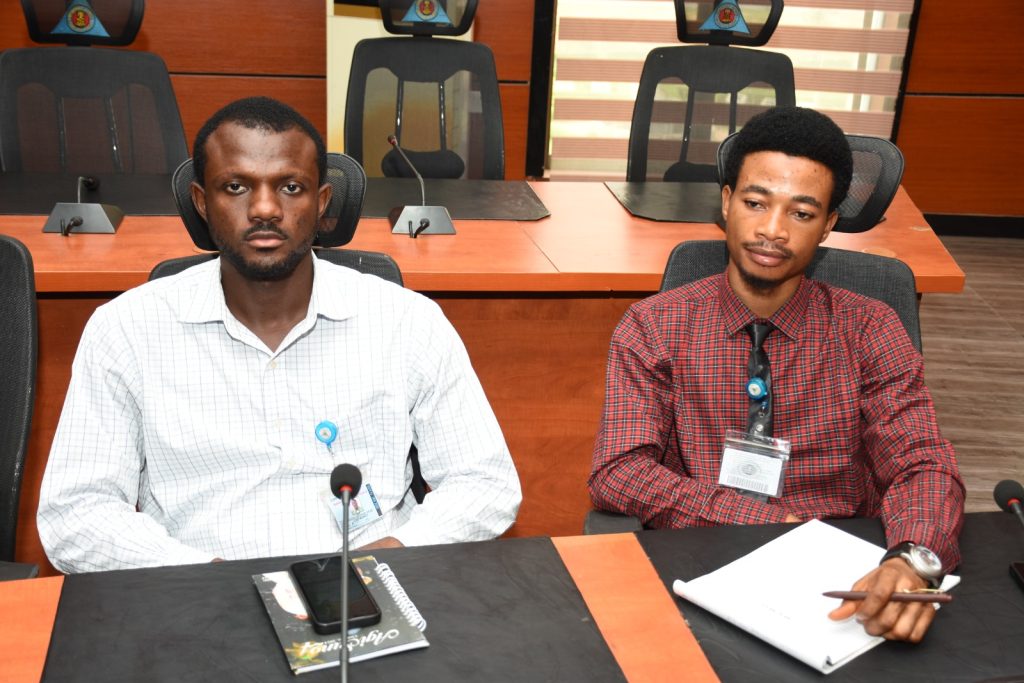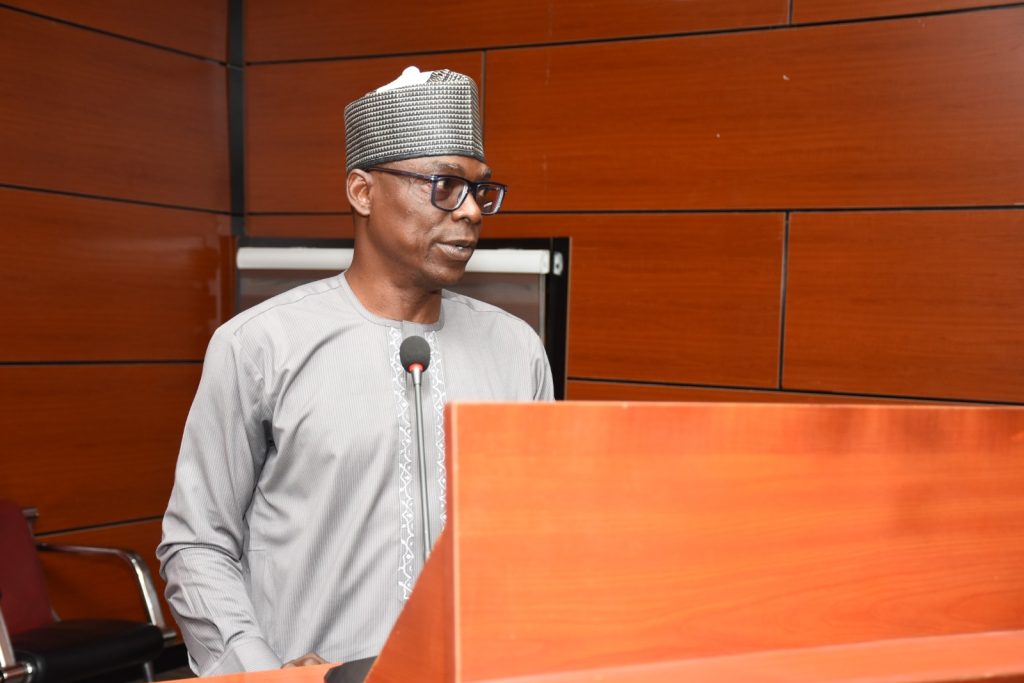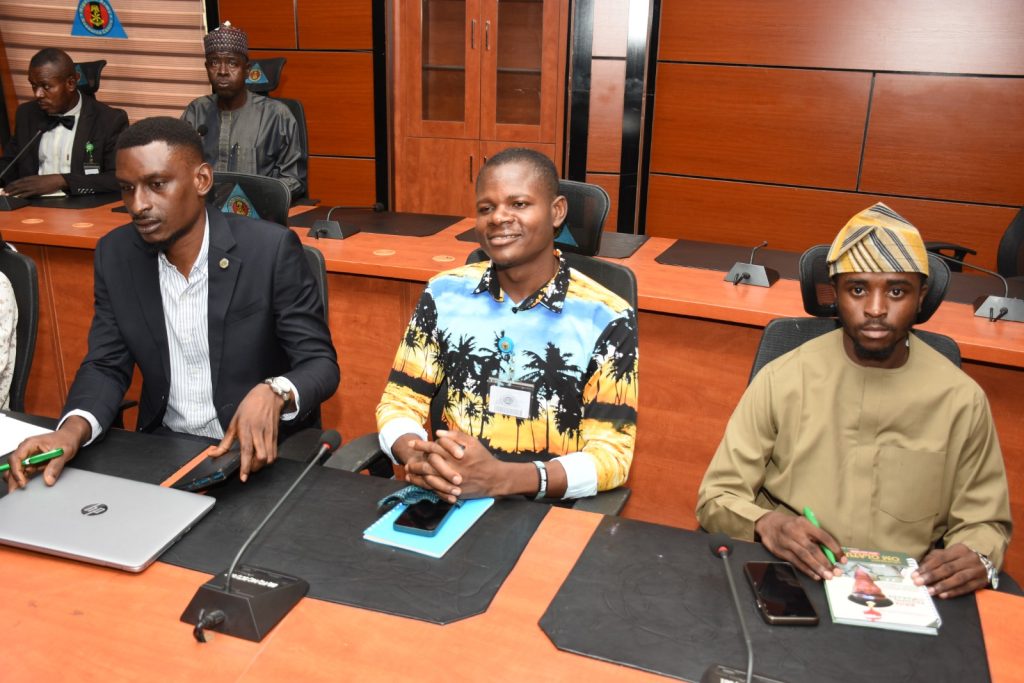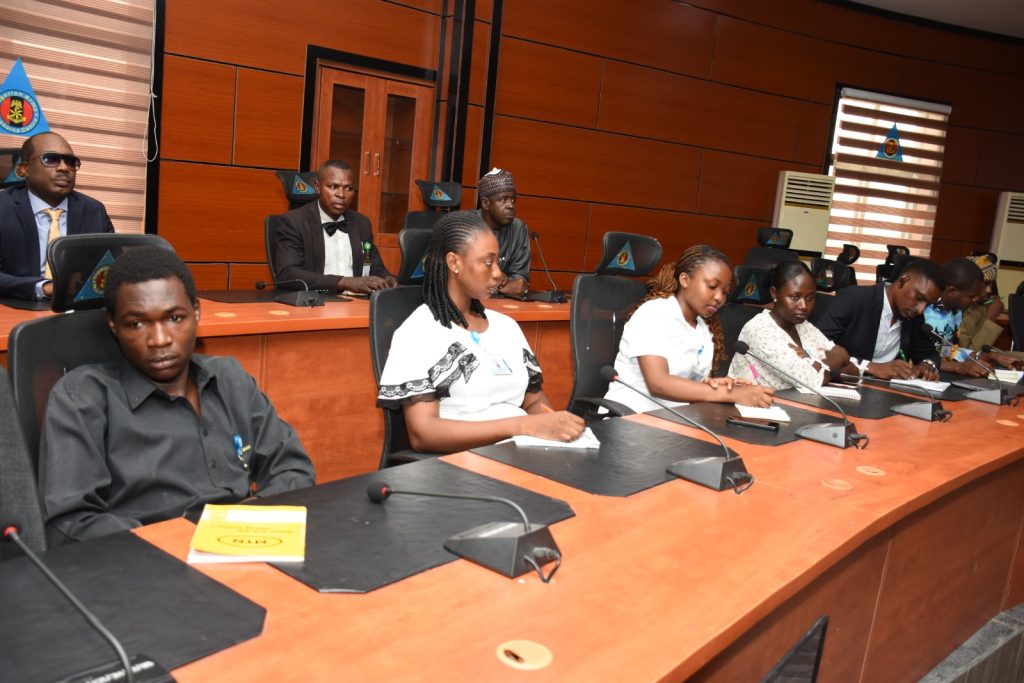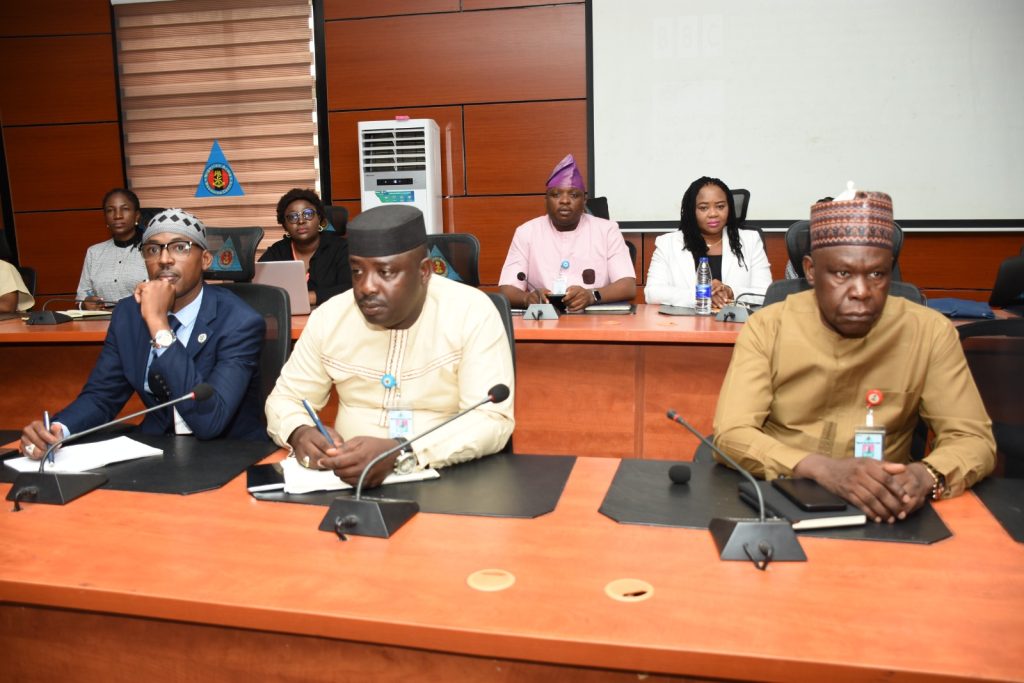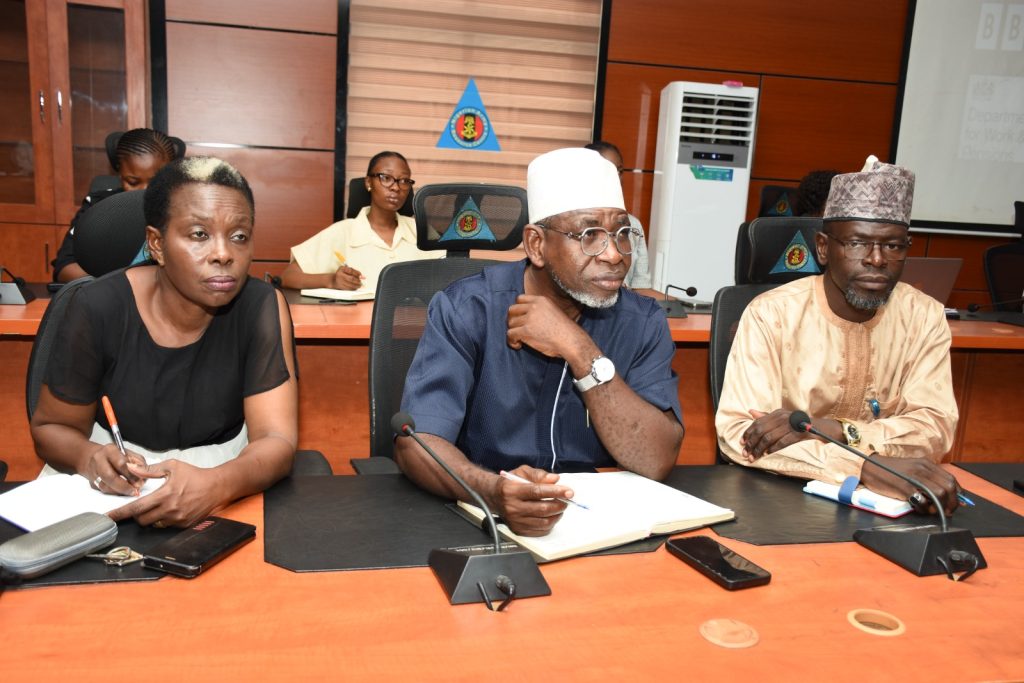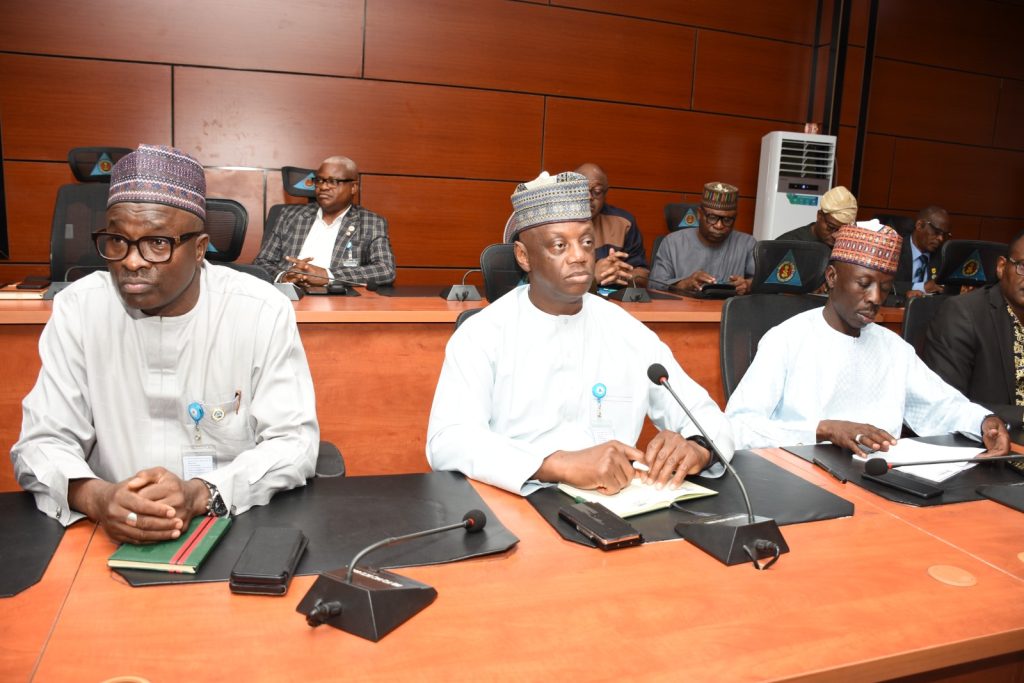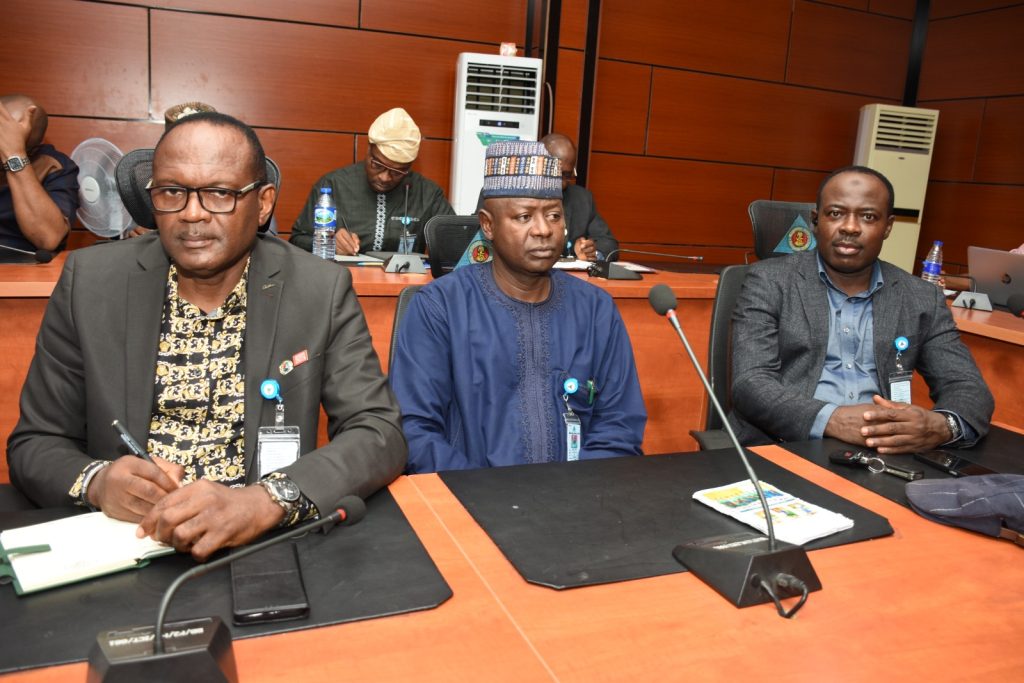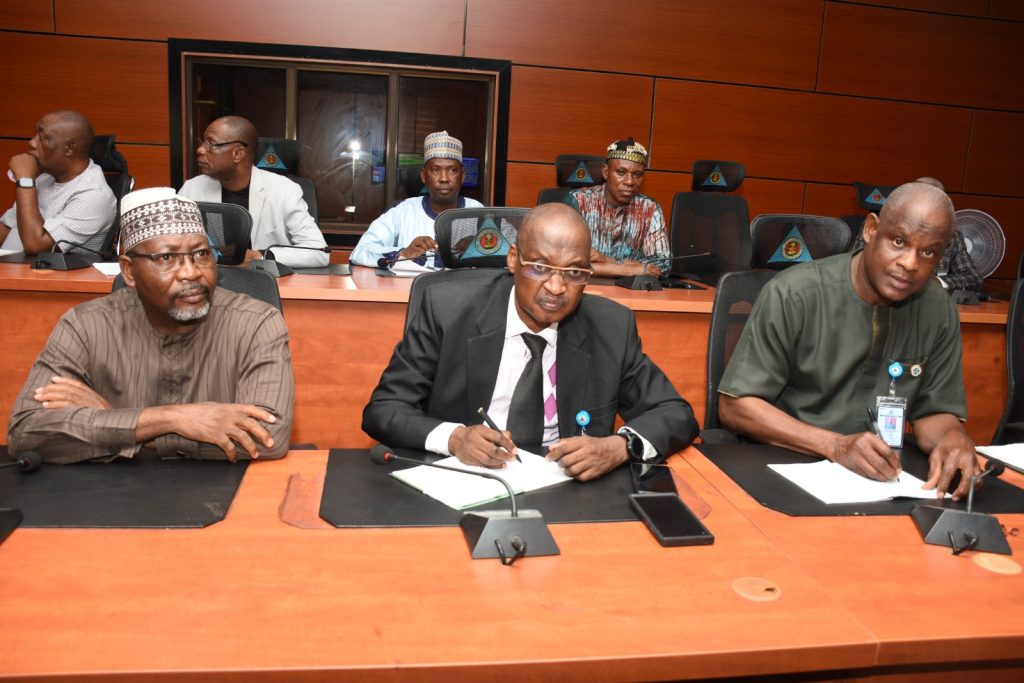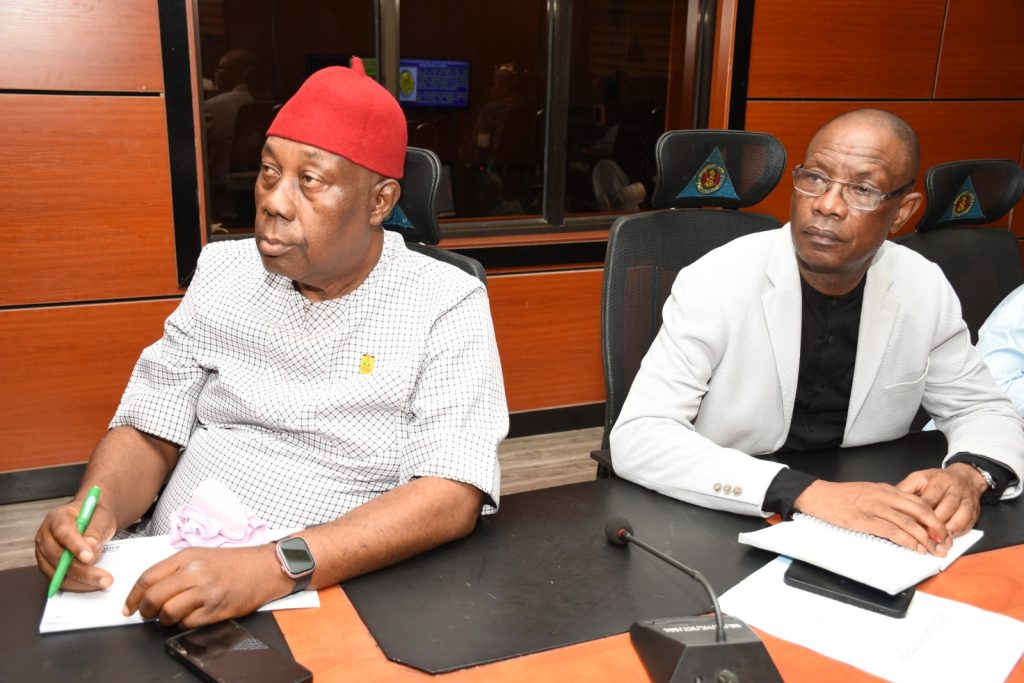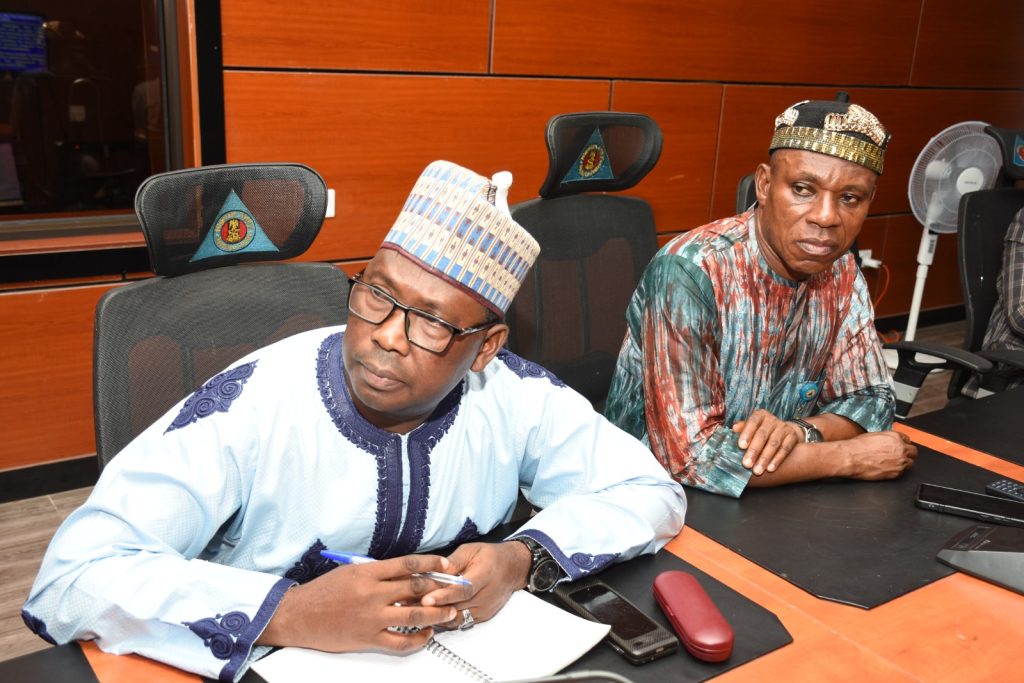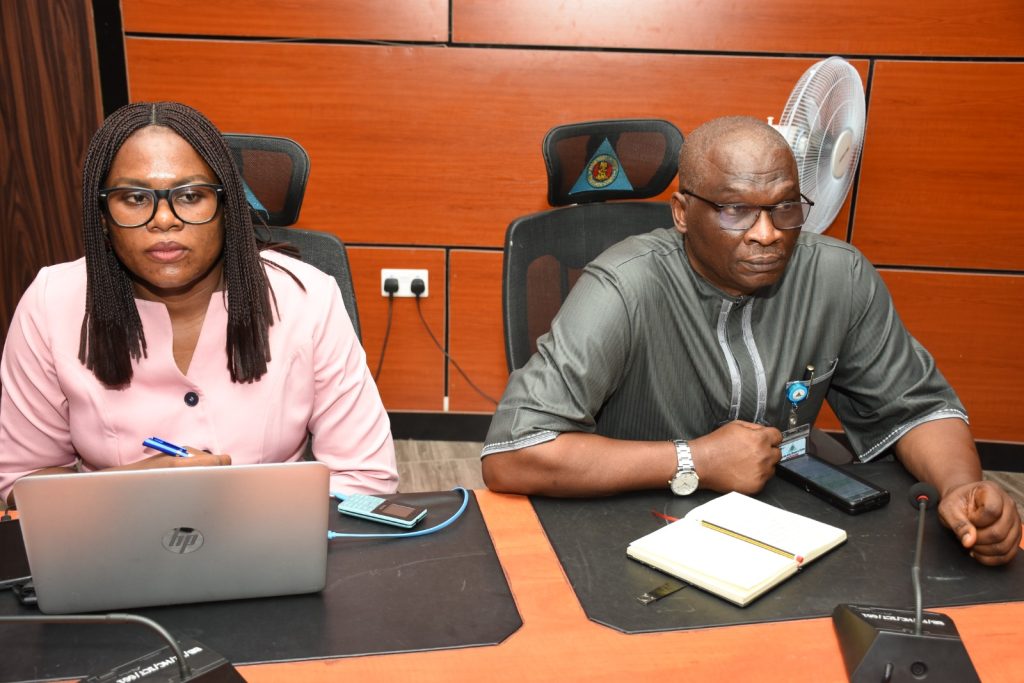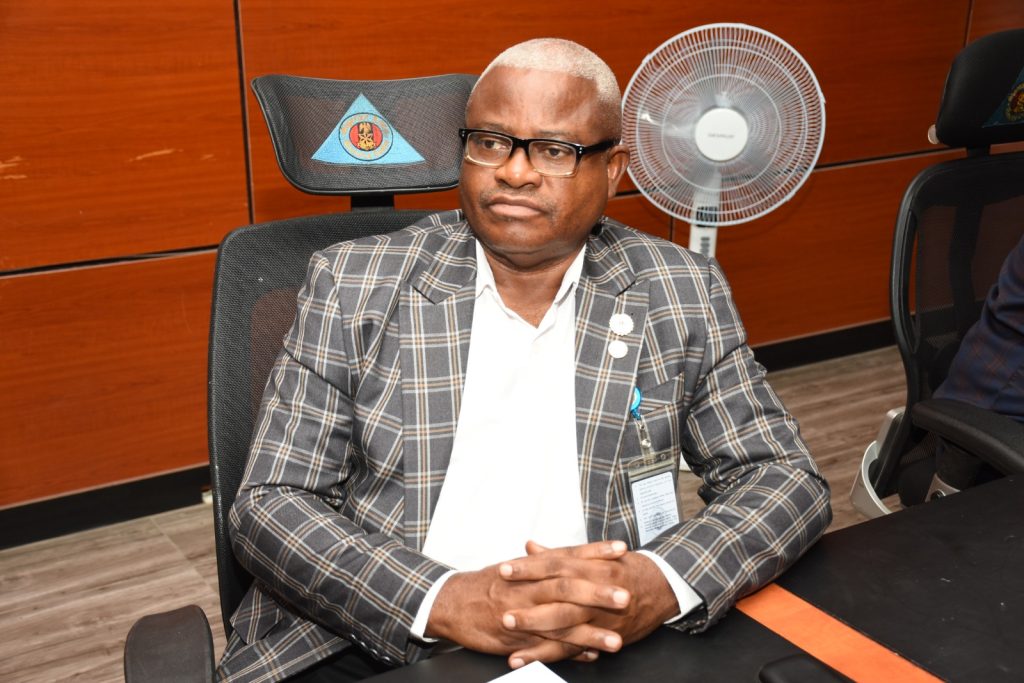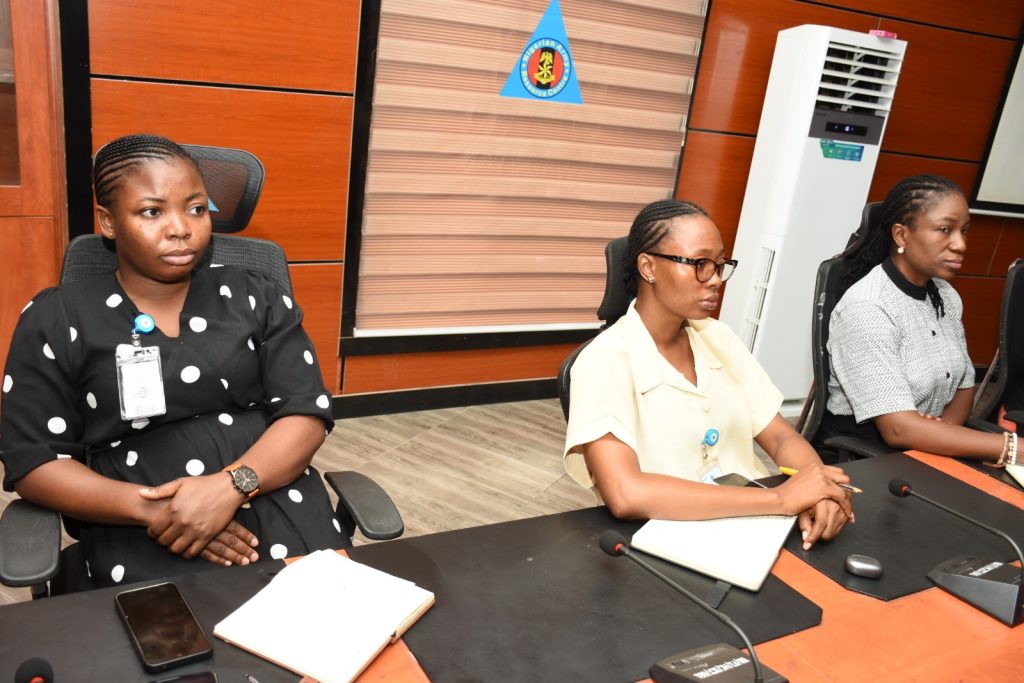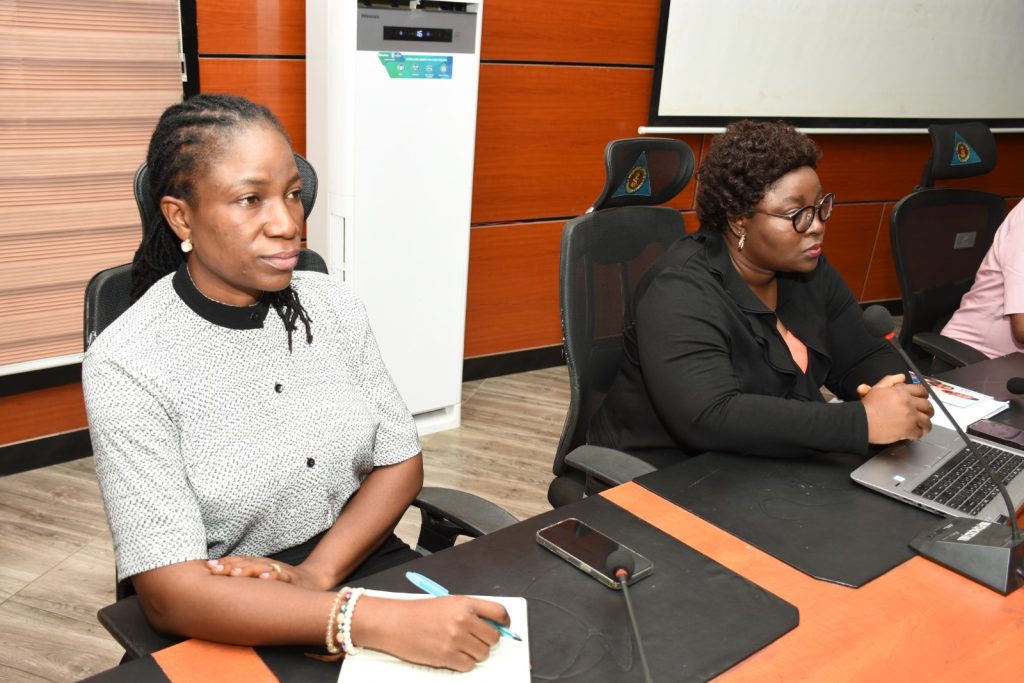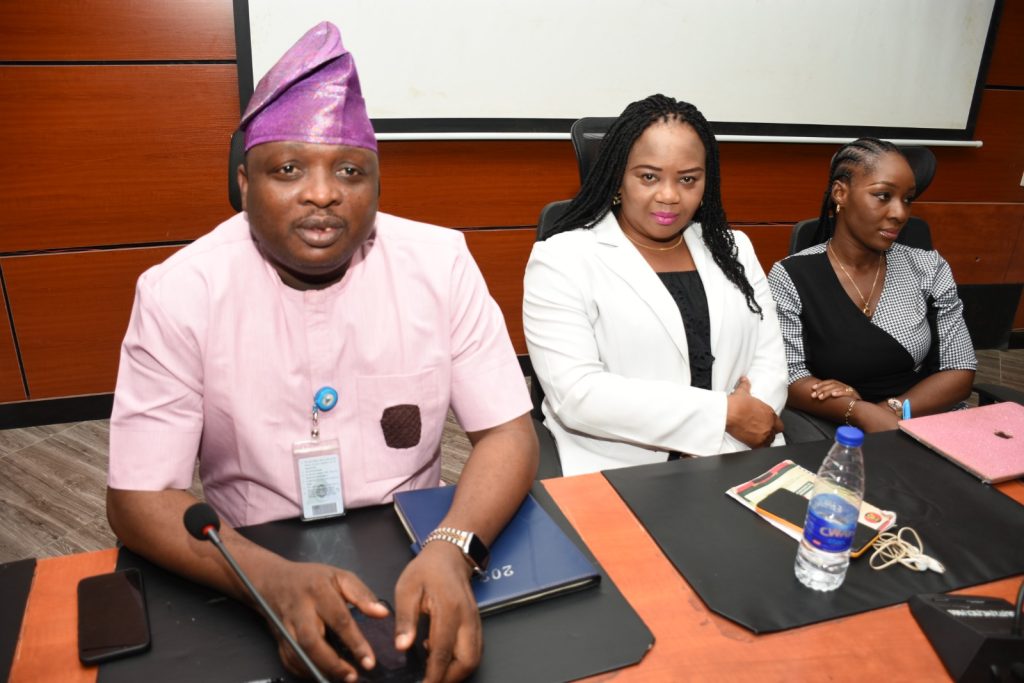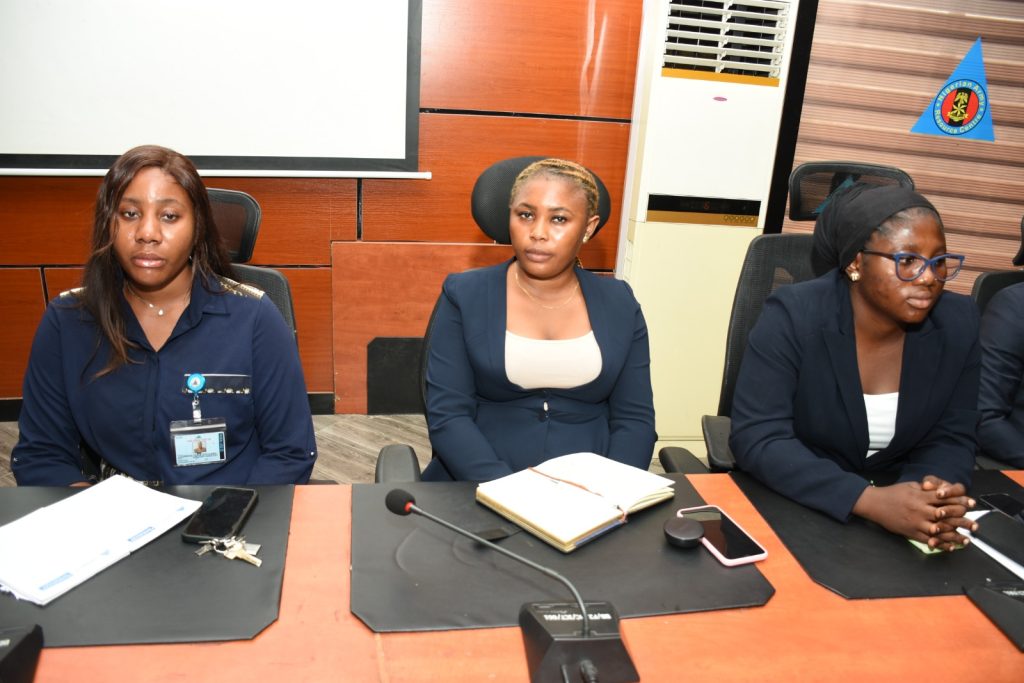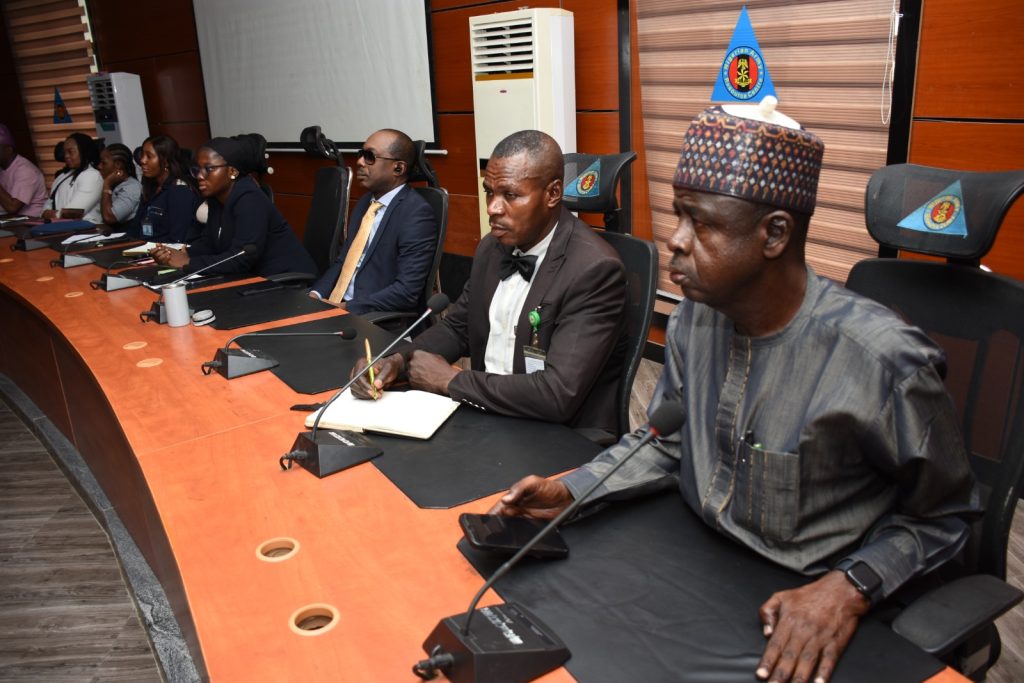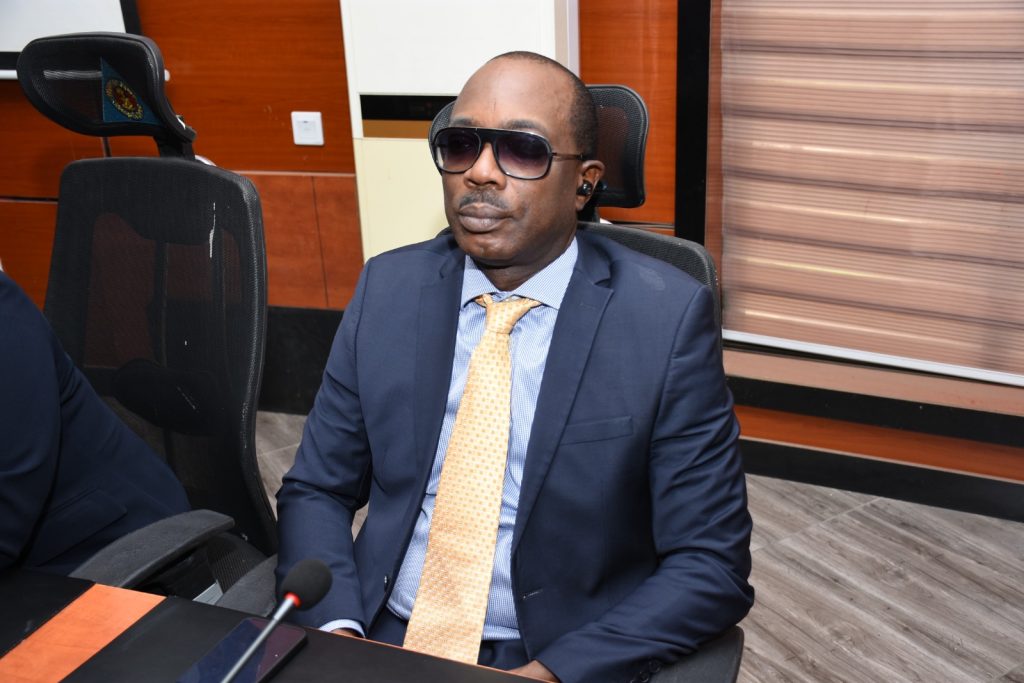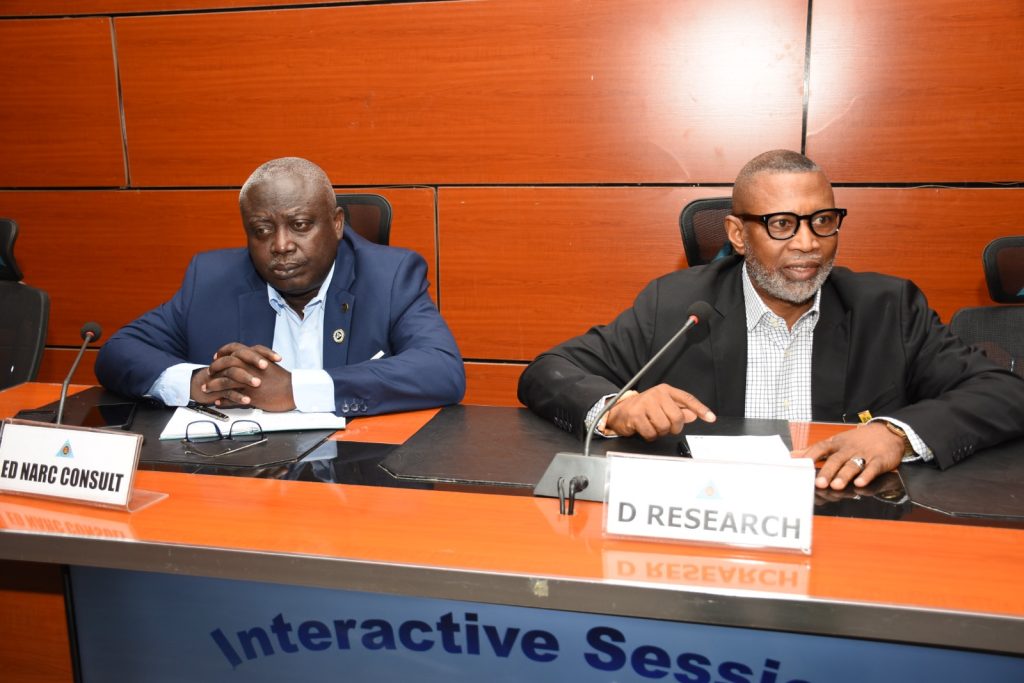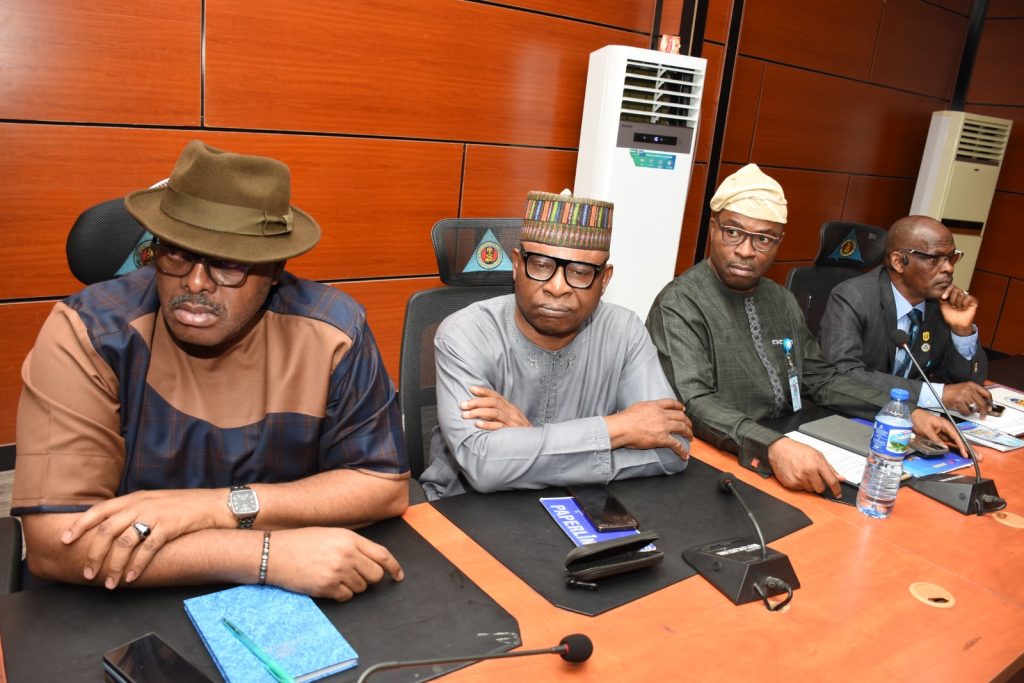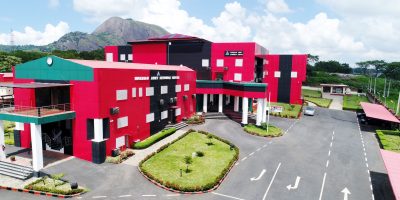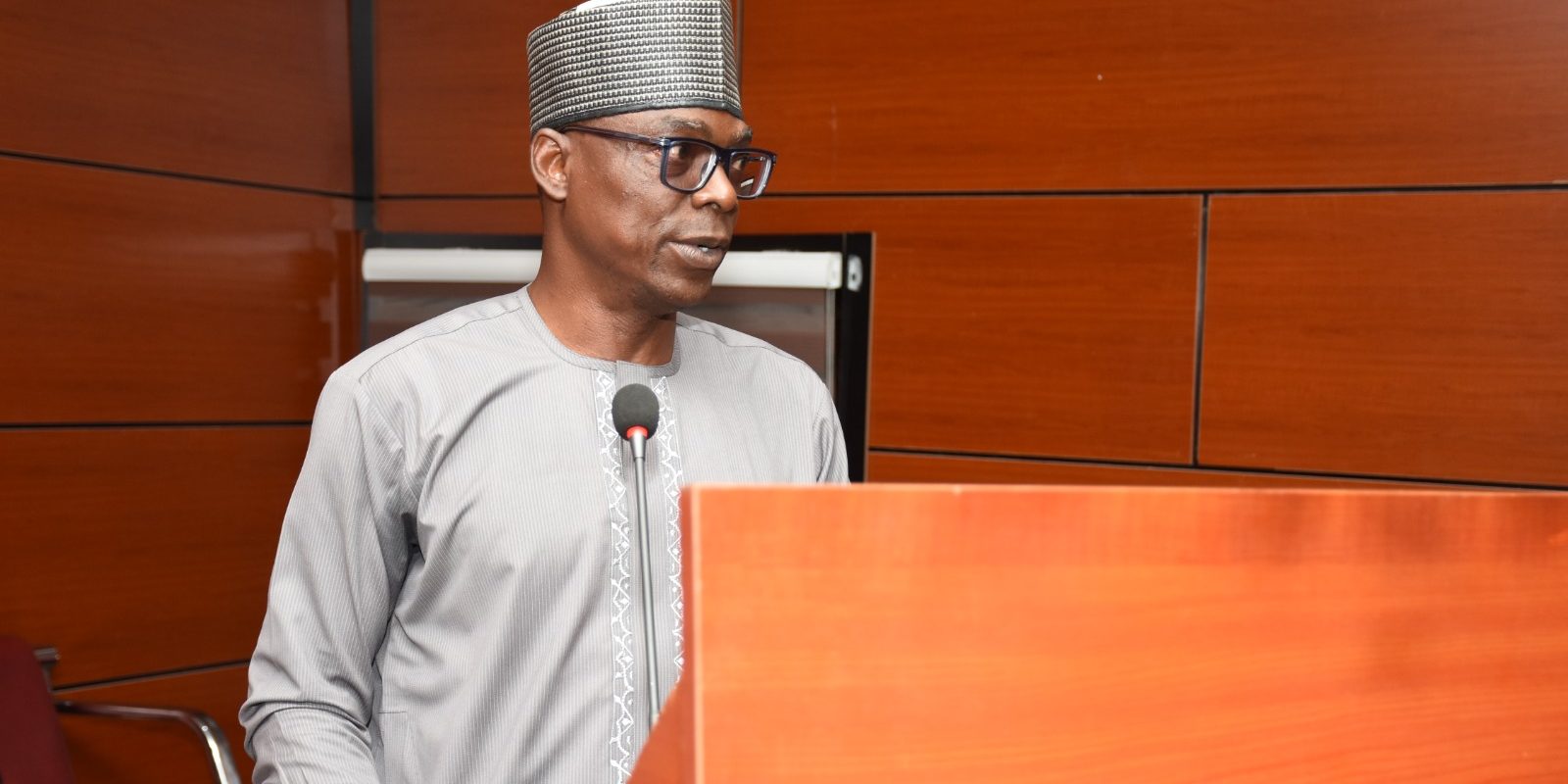Nigerian Army Resource Centre (NARC) Weekly Subject Experts’ Presentation was held at Hall F ML Agawi Block, Abuja. The only presentation for the day was made by the Subject Experts on United Kingdom.
The presentation was made by Maj Gen MT Jinadu Subject experts on United Kingdom Focused his presentation on how, UK is Leading the Way in Tackling the Challenge of Child Poverty, On 23 May 2025, BBC News reported on the groundbreaking development that the United Kingdom has made in addressing the long-standing challenge of child poverty through Social Outcome Partnerships (SOPs), drawing international attention and praise for its comprehensive policy approach. According to a new report published by the Department for Work and Pensions (DWP) and analyzed by BBC News, the UK government’s integrated welfare, education, and housing reforms have led to the sharpest decline in child poverty rates in over two decades. The report highlights that child poverty fell by 18% over the past year, attributed largely to expanded child benefit schemes, increased access to free school meals, targeted subsidies for low-income families, and job creation programs that prioritize parents with dependents. These policies were further reinforced by cross-ministerial collaboration between the Treasury, the Department for Education, and the Home Office. Former Prime Minister Rishi Sunak, (now Member of Parliament) in a statement to Parliament, described the effort as “a moral and economic duty,” emphasizing that no child should be disadvantaged by the circumstances of their birth. “This success is not the end but a foundation for deeper reform,” he added. Child welfare advocates, including Save the Children UK and the Joseph Rowntree Foundation, have commended the government’s approach, calling it “a model for sustainable social investment.” Meanwhile, international observers from the United Nations have pointed to the UK’s framework as a benchmark for other high-income nations battling similar challenges.
In his analysis and lessons for Nigeria, Maj Gen MT Jinadu stressed out that, Child poverty remains one of the most pressing challenges in Nigeria, where millions of children suffer from multidimensional deprivation. These include lack of access to adequate nutrition, healthcare, education, shelter, and protection. According to UNICEF (2023), approximately 70% of Nigerian children live in poverty, with many facing compounding challenges due to conflict, economic instability, and weak social safety nets. Alleviating child poverty is not only a moral imperative but also essential for national development. Child poverty, as defined by Compassion International, refers to the state of living below a set poverty line, typically based on income or resources, which negatively impacts a child’s well-being and development. This includes physical, mental, emotional, and spiritual effects. According to the UNICEF 2024 report on the state of Nigerian children, 10 million children of primary school age and 8 million of secondary school age are out of school, and 2.1 million children have never received a single vaccine. Additionally, 90% of children under five have experienced some form of violence, illustrating the critical need for reinforced child protection measures.
The causes of child poverty in Nigeria are deeply rooted in structural and systemic issues. High unemployment and underemployment among parents significantly affect household income, resulting in inadequate resources to cater to children’s needs. Additionally, insecurity, especially in the North-East due to insurgency, has led to mass displacement and the breakdown of social structures, further plunging children into poverty. Similarly, weak social welfare systems and poor governance continue to undermine efforts at poverty reduction. A lack of investment in public infrastructure, such as schools, hospitals, and sanitation facilities, reflects a systemic neglect of child welfare by successive governments.
Given the severity of the problem, adopting SOPs, which are innovative financing mechanisms designed to improve the effectiveness of social interventions by focusing on results rather than inputs, is imperative.
Under this model, private investors fund service providers to deliver specified social outcomes. If these outcomes are achieved and verified by independent evaluators, the government or outcome funders repay the investors. In addition to education, SOPs can significantly improve child health outcomes. Many Nigerian children lack access to basic healthcare, resulting in high rates of preventable diseases and mortality. Through SOPs, health-focused interventions such as immunization drives, maternal care, and nutritional support could be delivered efficiently. According to the World Health Organization (WHO, 2023), targeted nutritional programs can reduce child stunting by over 20% within two years. Therefore, SOPs can channel private capital into health interventions that are cost-effective and impactful, while ensuring that payments are contingent on verified improvements in child health.
Similarly, SOPs can strengthen child protection mechanisms. In Nigeria, a significant number of children are exposed to abuse, neglect, and trafficking due to systemic failures in law enforcement and social services.
He recommended that, the FGN, in partnership with state and local governments, should implement SOPs in critical sectors like education and health, especially in high-need regions, to use the insights gained to inform wider-scale implementation and also The Ministries of Education and Health and other relevant agencies, should collaborate with the World Bank, UNICEF, WHO, and other international donors to secure financial and technical support for the implementation of SOPs.
